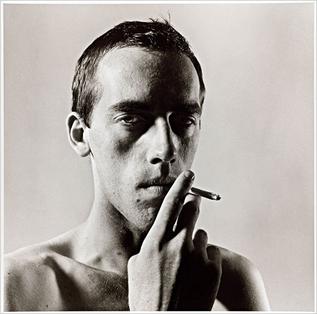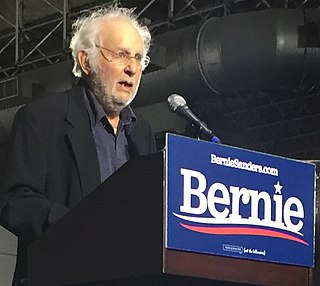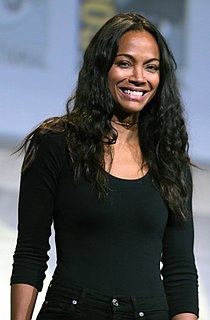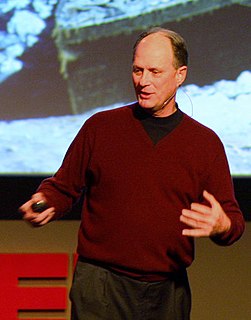A Quote by David Wojnarowicz
History is made and preserved by and for particular classes of people. A camera in some hands can preserve an alternate history.
Related Quotes
When I went to high school - that's about as far as I got - reading my U.S. history textbook, well, I got the history of the ruling class. I got the history of the generals and the industrialists and the presidents that didn't get caught. How 'bout you? I got all of the history of the people who owned the wealth of the country, but none of the history of the people that created it.






































